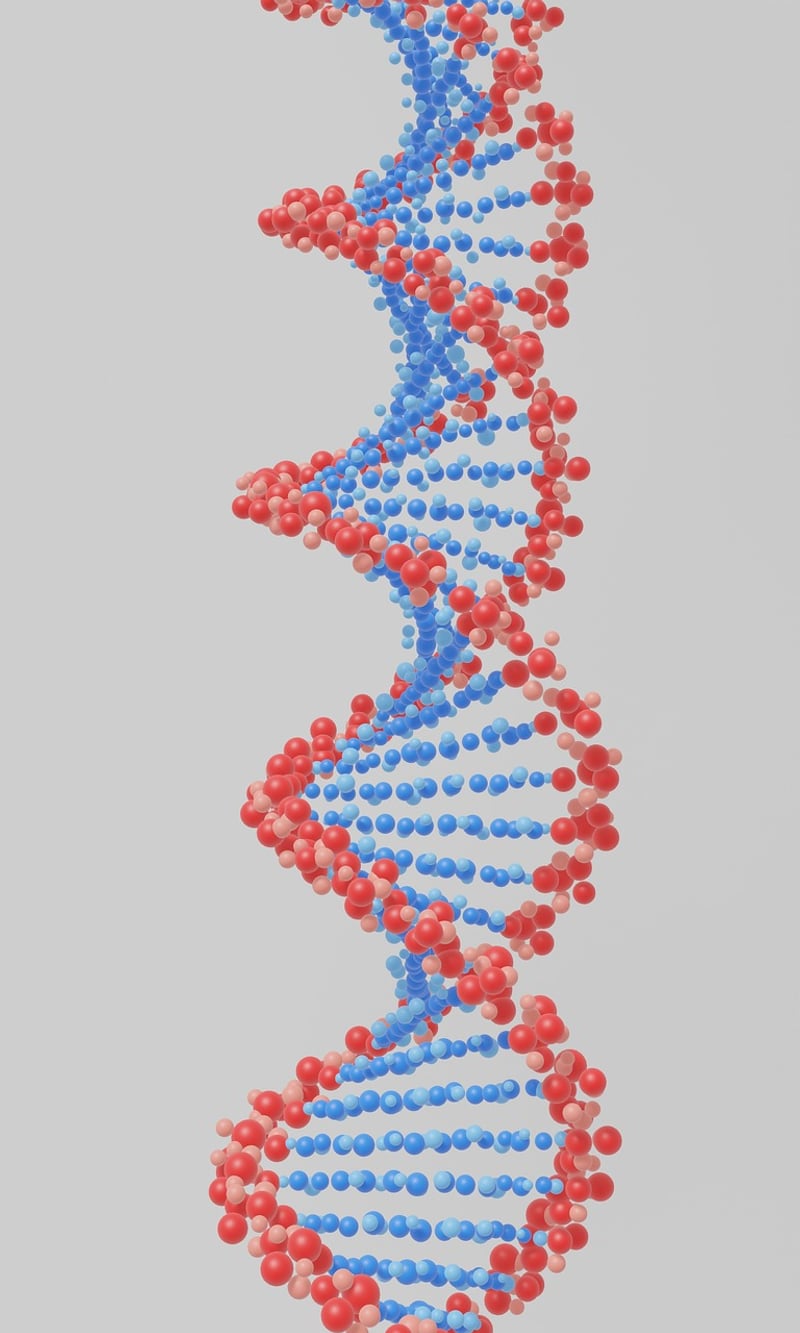Genetic Engineering
The Future is Now: Exploring Genetic Engineering Advancements
Genetic engineering has long been a subject of fascination and intrigue, offering a glimpse into a future where science fiction becomes reality. In recent years, technological advancements have propelled this field forward, bringing us closer to a world where genetic modification can revolutionize healthcare, agriculture, and even our very own bodies.
CRISPR: A Game-Changer in Genetic Engineering
One of the most significant breakthroughs in genetic engineering is the development of CRISPR-Cas9 technology. CRISPR, which stands for Clustered Regularly Interspaced Short Palindromic Repeats, allows scientists to precisely edit genes with unprecedented accuracy and efficiency. This revolutionary tool has the potential to cure genetic diseases, create drought-resistant crops, and even eradicate certain pests.

Designer Babies: Ethical Considerations
With the ability to edit genes, the concept of "designer babies" has become a reality. Parents can now choose specific traits for their offspring, such as eye color, intelligence, or even athletic ability. While this technology offers unprecedented control over human evolution, it also raises ethical concerns about the commodification of life and the potential for creating genetic inequalities.
Gene Therapy: Transforming Healthcare
Gene therapy is another area where genetic engineering is making remarkable strides. By replacing or repairing faulty genes, scientists can treat a wide range of genetic disorders, such as cystic fibrosis, muscular dystrophy, and certain types of cancer. This personalized approach to medicine holds great promise for the future of healthcare.

The Future of Agriculture: Genetically Modified Organisms
In agriculture, genetic engineering has led to the development of genetically modified organisms (GMOs) that are more resilient to pests, diseases, and environmental stressors. These GMOs have the potential to increase crop yields, reduce the need for pesticides, and address food security challenges in a rapidly changing world.
Conclusion
As we stand on the cusp of a genetic revolution, the possibilities offered by genetic engineering are both exciting and daunting. While the advancements in this field hold immense potential for improving human health, enhancing agricultural productivity, and tackling pressing environmental issues, it is crucial to proceed with caution and consider the ethical implications of playing with the building blocks of life.
